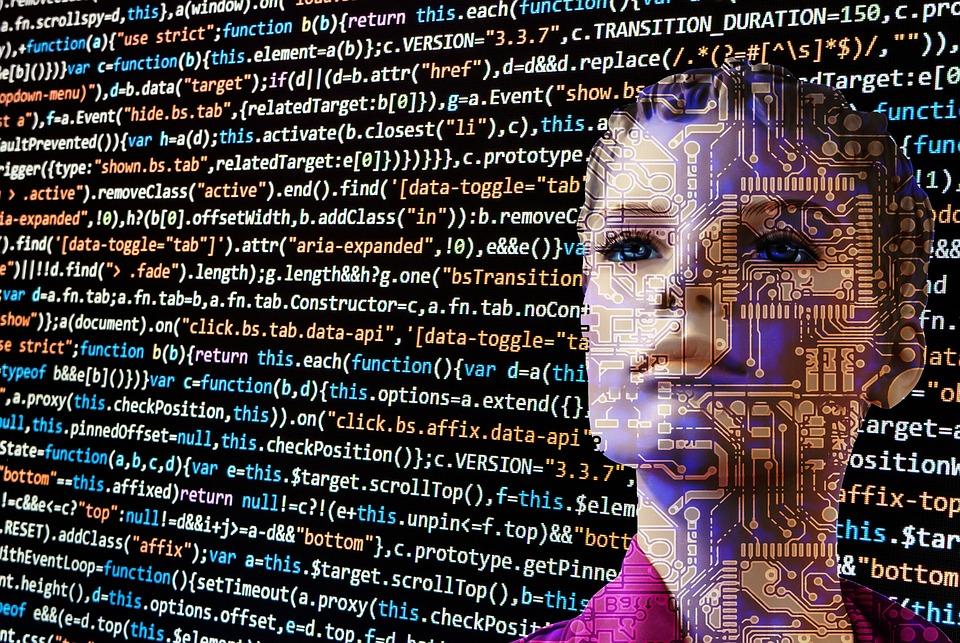Artificial Intelligence
Artificial Intelligence (AI) is a rapidly growing field of computer science that focuses on creating intelligent machines that can think and act like humans. AI is used in a variety of applications, from medical diagnosis to autonomous vehicles. AI has the potential to revolutionize the way we live, work, and interact with the world around us.
History of Artificial Intelligence
The concept of artificial intelligence has been around since the 1950s, when computer scientists began to explore the possibility of creating machines that could think and act like humans. Early AI research focused on creating machines that could understand and respond to human language. Over the years, AI has evolved to include more complex tasks such as image recognition, natural language processing, and robotics.
Types of Artificial Intelligence
There are two main types of AI: narrow AI and general AI. Narrow AI is focused on a specific task, such as playing chess or driving a car. General AI is focused on more complex tasks, such as understanding natural language or making decisions.
Applications of Artificial Intelligence
AI is used in a variety of applications, from medical diagnosis to autonomous vehicles. AI can be used to diagnose diseases, predict weather patterns, and even control robots. AI is also used in the financial sector, where it can be used to analyze large amounts of data and make decisions about investments.
Future of Artificial Intelligence
The future of AI is uncertain, but it is clear that it will continue to play an important role in our lives. AI has the potential to revolutionize the way we live, work, and interact with the world around us. As AI technology continues to develop, it will become increasingly important to understand the implications of AI and how it can be used responsibly.

